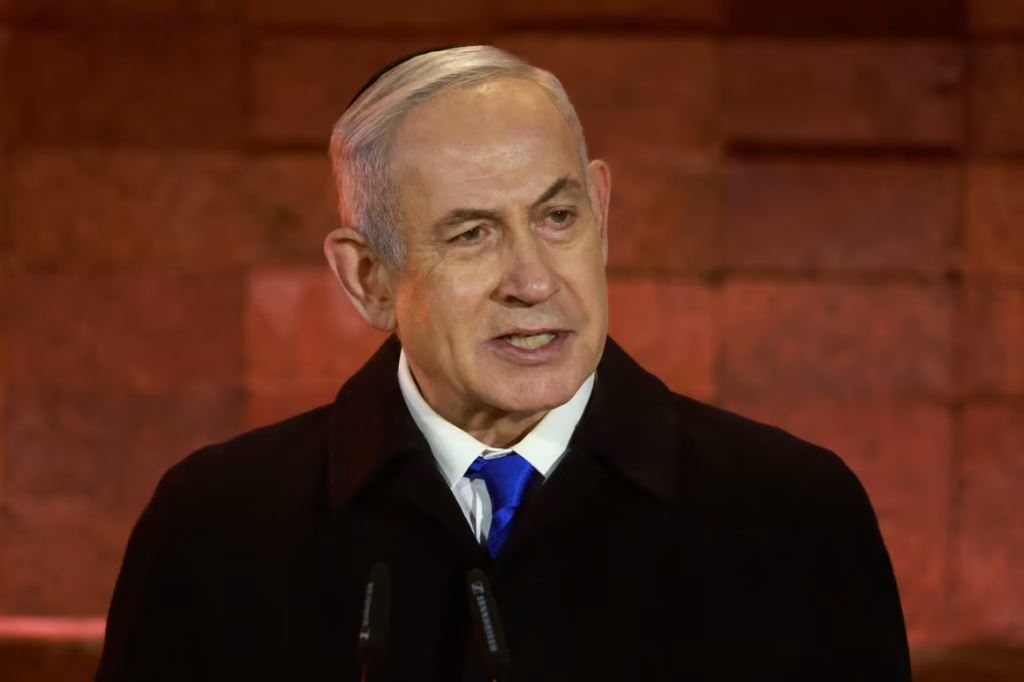Governments are dismissing arrest warrants in some of the most high-profile cases to come before the International Criminal Court, bringing the reach and credibility of international law to a low point.
Over the last 18 months, the Hague-based court has issued arrest warrants for Russian President Vladimir Putin, Israeli Prime Minister Benjamin Netanyahu, former Defence Minister Yoav Gallant, and a senior Hamas official.
Netanyahu is the first Western-allied leader to face accusations of war crimes and crimes against humanity by the court. Israel has appealed and requested that the warrants be suspended. Meanwhile, numerous major governments have chosen not to implement the warrants, while others have outright rejected them.
The French answer was maybe the most damaging to the court. After the Netanyahu warrant was issued, Paris reiterated its “longstanding commitment to supporting international justice” and vehemently endorsed the Putin warrant. However, just days later, the French foreign ministry changed its position, implying that because Israel was not a member of the court, its prime minister could be safe from arrest.

Critics believe the reactions imply two sets of rules: one for the West’s old allies and one for its adversaries.
According to James Joseph, managing editor of Jurist News, the ICC’s founding treaty requires all 124 participating countries to arrest Netanyahu and Gallant.
“It seems increasingly less certain states will uphold this obligation,” he claimed on CNN. “States can’t claim success in international criminal justice if they don’t commit to upholding everyone’s rights involved.”
The Netanyahu case was simply the latest blow to the court’s legitimacy. In September, Putin travelled to Mongolia without facing any issues. Despite being a party to the Rome Statute, which founded the court in 2002, Mongolia gave the Russian leader a red carpet-greeting.
Putin’s visit to an ICC member state was his first since the court issued an arrest warrant against him in March 2023 for suspected involvement in the war crime of unlawfully deporting Ukrainian children.


